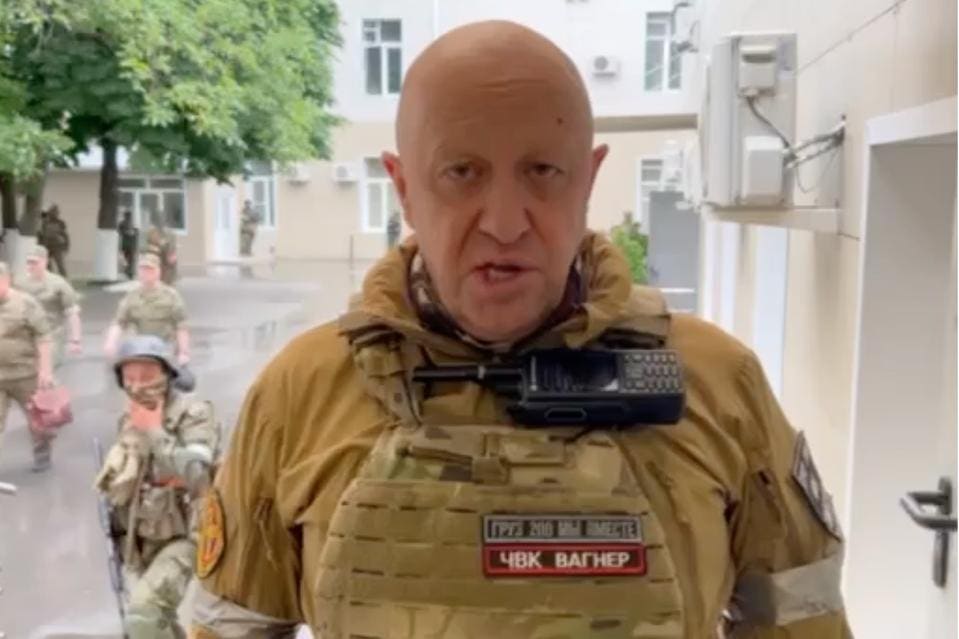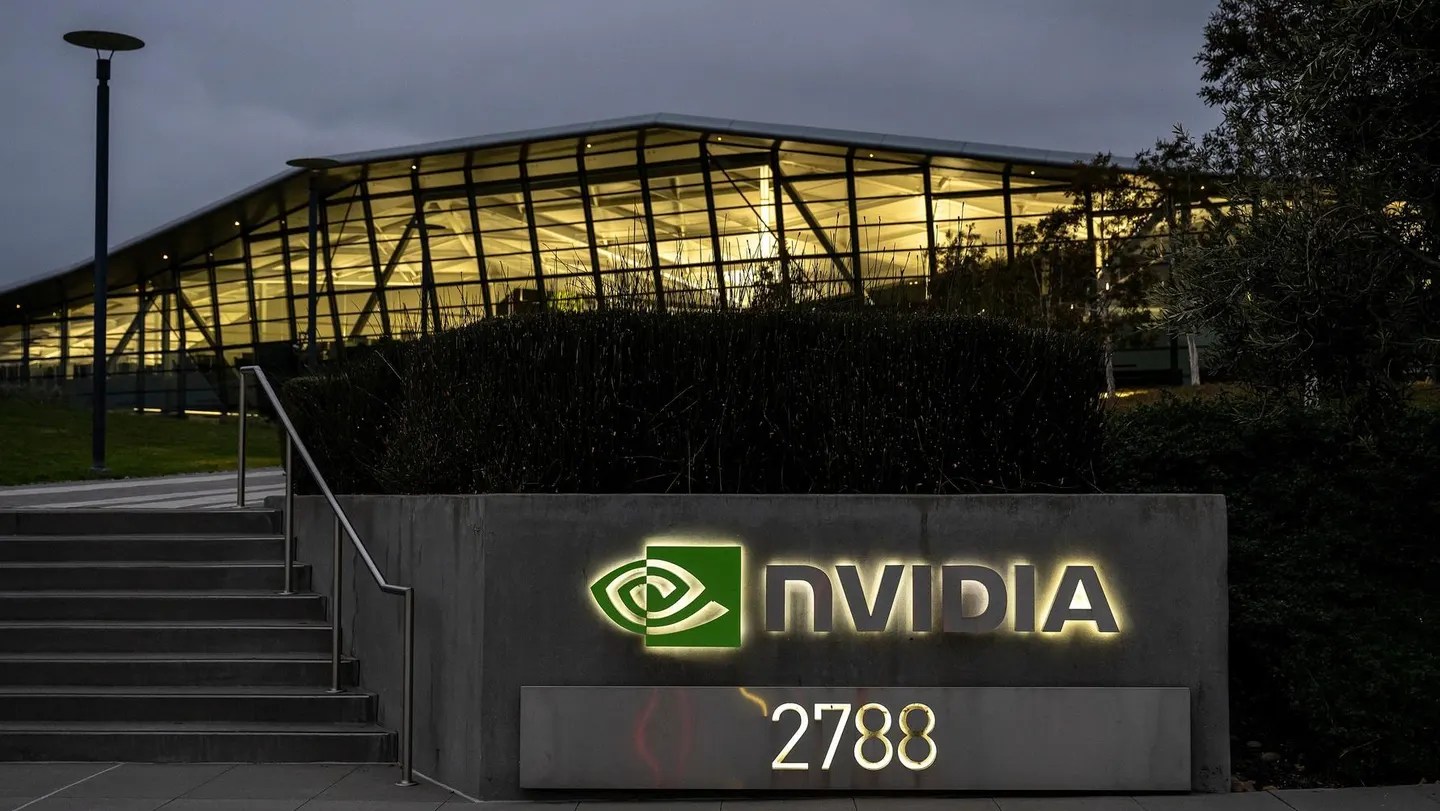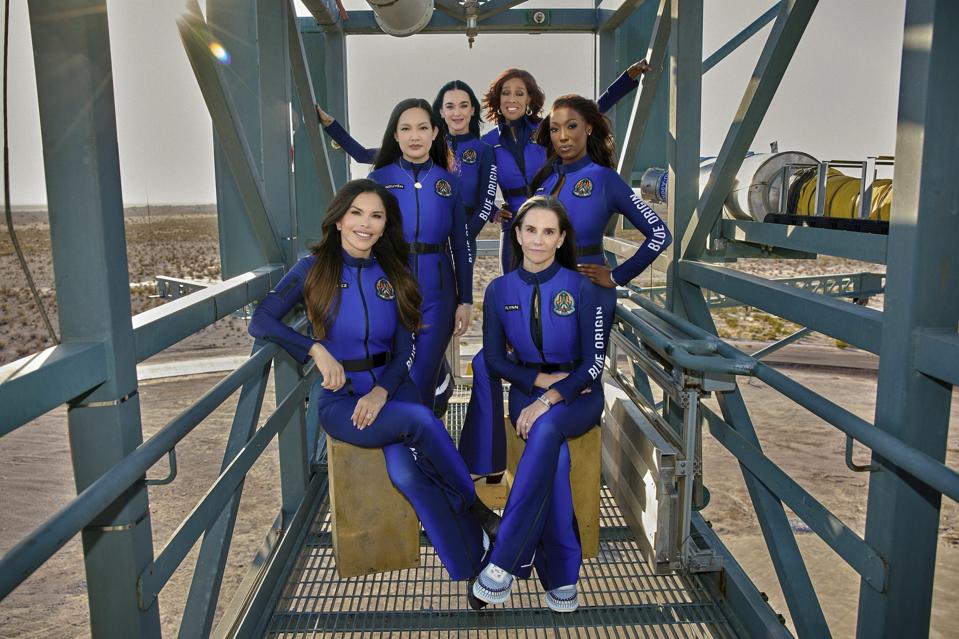The brief armed rebellion led by Russia’s Wagner Group over the weekend was a response to being attacked, not an attempt to overthrow Russian leadership, the mercenary group’s leader Yevgeny Prigozhin said Monday, in his first public statement since accepting a deal to end the biggest threat to Vladimir Putin’s rule in years.

Key facts
Prigozhin posted an 11-minute audio message on Telegram Monday saying the armed march he led towards Moscow over the weekend—after his fighters purportedly took over military facilities in two Russian cities—was “to demonstrate our protest, not to topple the government,” the BBC reported.
The Wagner leader claimed the march was an attempt to hold officials accountable who, through their “unprofessional actions,” have committed a number of errors—including Russian forces allegedly killing 30 of his fighters, which Prigozhin claimed was a reaction to his commanders refusing to sign government contracts.
Prigozhin—who agreed to a deal with Russian President Vladimir Putin to stop the rebellion in exchange for not being prosecuted—also said the Wagner Group was “categorically against” a decision to close the private military company on July 1 and incorporate the group into Russia’s defense ministry.
Prigozin said he regretted hitting Russian aviation and claimed the mercenaries turned around “to avoid spilling blood of Russian soldiers.”
Tangent
Prigozhin also reportedly claimed that if Wagner troops had carried out the first attacks in the special military operation in Ukraine, the war would have been over much sooner—building on the infighting between Prigozhin and Russian military leaders, whom he previously accused of mismanaging the Ukraine invasion.
Key background
On Friday, Prigozhin led the Wagner Group in an armed rebellion, after he accused the Russian military of attacking one of the group’s camps.
The Wagner Group—which had fought alongside Russian troops in Ukraine—subsequently claimed control over military facilities in the Russian cities of Voronezh and Rostov.
Fighters marched toward Moscow, but before they made it to the capital, Prigozhin and Putin agreed to stop the rebellion. On Sunday, Wagner troops began pulling out of Rostov and Voronezh.
As part of the reported deal between Prigozhin and Putin, Prigozhin would move to Belarus—in Monday’s video, Prigozhin reportedly claimed Belarusian leader Alexander Lukashenko played a part in the negotiation.
This rebellion marked a shift in the relationship between Prigozhin and Putin. The two were previously close allies, with Prigozhin known as “Putin’s chef” because of his former catering business that earned contracts with the government.
Before this weekend’s rebellion, Wagner reportedly helped Moscow during the annexation of Crimea in 2014 and then became heavily involved in last year’s full-scale invasion of Ukraine, and has assisted Russian-backed regimes in the Middle East and Africa for years.
Surprising fact
Prigozhin and the Wagner Group have amassed power and reportedly earned hundreds of millions of dollars by securing Russian government contracts, capitalizing on other nations’ natural resources and backing unstable regimes.
Companies allegedly linked to Prigozhin generated $250 million from natural resources in weak and war-torn African and Middle Eastern countries in the four years before Russia’s invasion of Ukraine, an investigation from the Financial Times found.
Big number
25,000. That’s how many soldiers are part of Wagner’s army.
What we don’t know
Prigozhin did not disclose his current location during the message.
This article was first published on forbes.com and all figures are in USD.


